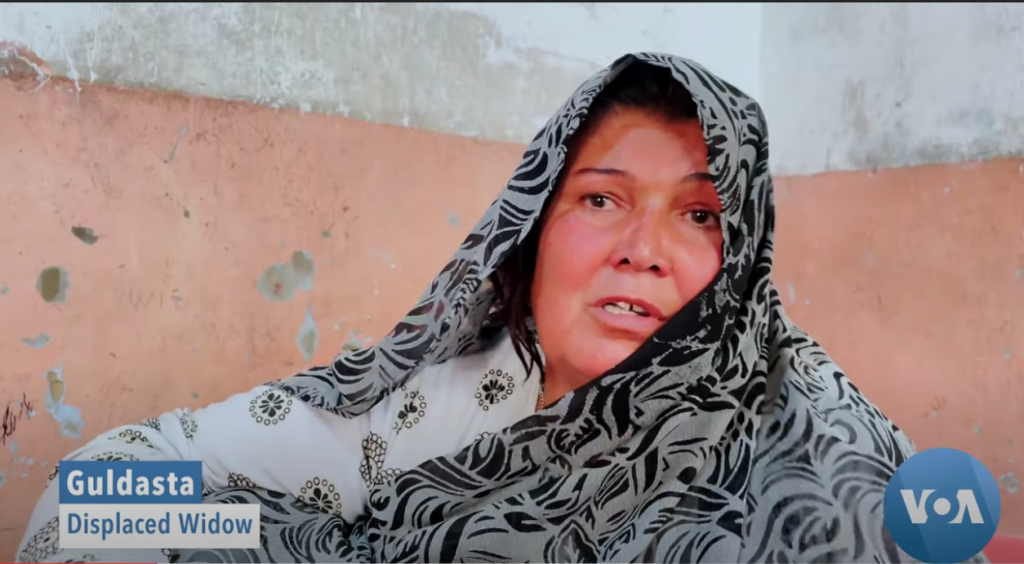Debt of Honour

Films from the 1960’s and 1970’s show Afghan women dressing and behaving much like women in the West. Not all women, of course. As in many countries, older attitudes were found in rural or isolated communities. Changes are never evenly distributed in a country. The same could be said of Iran. It seemed as if emancipation of women and what this meant for their ability to decide for themselves what to do with their lives was happening in countries far away from the West with very different cultural/historical backgrounds. Human rights were indeed universal. Progress was only going one way. Right?
Well, as Italians might say: “Uomo propone. Dio dispone.” Man proposes. God disposes. Or, in this case, Allah. The winds of change in the Islamic world brought about by Ayatollah Khomeini and his brand of Islamic theocracy, the fall of the Shah, the spread of Wahabi-infused Islam by Saudi money, the fight to liberate Afghanistan from Godless Communist Russians, aided in part by naïve Westerners heedless of both the reality of the societies they were intervening in and the groups they supported, showed the West how little embedded or valued this progress really was. It should not have been a surprise that almost the first things the Ayatollahs and the Taliban did on gaining power was to reverse the rights granted to women.
Nothing more clearly indicated what the mullahs thought of women than their early decision to reduce the age of consent to 9. Why do men – especially religious / revolutionary men – feel so threatened by women deciding for themselves what to do with their lives?
And now the West is learning this painful lesson once more in Afghanistan. 20 years after its defeat, the Taliban is again victorious. Executions of its enemies and those who helped or worked for the US and its allies have started. Pictures of women are being painted out. Girls from the age of 12 are being seized as prizes for their fighters – their future now nothing more than sexual slavery. All the efforts to embed an alternative to sharia law in a functioning state have come to nothing. The US, Britain and NATO have failed, just as the Soviet Union failed. Perhaps enough Afghanis did not want what was on offer. Perhaps the Taliban’s offering: brutal power and the spoils of war are sufficiently attractive to enough of the population. That – and fear.
Parliament is to be recalled – at some point next week, after consultation – to discuss the situation. A country 170% larger than Britain can collapse in 3 days but it takes Parliament the best part of a week to muster itself to think about discussing all this. Still, one may as well ask: what is the point of a debate? Will it be anything more than sound and fury, signifying nothing? One of the few people with some actual knowledge of the country – Rory Stewart – will not be present, the Tory party having decided in its infinite wisdom that it prefers the services of Gavin Williamson or Robert Jenrick to his. The Ambassador and – one hopes – remaining British civilians will have been evacuated. And, if not, and we face an Iranian hostages-style situation, it will not be MPs who will be making the critical decisions.
There might be some value in hearing those MPs capable of reflection state that Britain’s power and limited room for manoeuvre have been cruelly exposed. Not just unable to help Afghanistan but unable to do anything independently of the US. Or to hear others admit that democracy and credal societies are not an easy fit. This may be an uncomfortable view, challenging as it does our somewhat Panglossian view that our values are universal. But it needs saying. After all, if laws come from God, what need is there for elections and democracy? We had that mindset in the West for a long time and it took even longer to depart from it. How foolish were we to think that waltzing into other countries setting up election mechanisms and beautifully crafted rules were all that was needed. Democratic free societies are more than their mechanisms. They require a democratic cast of mind, a belief in the validity of opposition, an understanding that it is legitimate and essential to have differing points of view in a society and a way of resolving these. They require an understanding that the state is different to and more enduring than whoever holds power at any particular time, that it is not simply something to be plundered and used by those with temporary control of its levers of power. It is hard enough sometimes for countries in the West to understand this. What hope for poor Afghanistan, after half a century of war, civil war and invasion.
Still, there is one thing on which Parliament could usefully express a view. And that is what Britain can – and should do – for those Afghan civilians Britain employed, to whom it made promises of support and help, who now face great danger if caught – and who would certainly qualify for asylum if they are able to escape. Not just army translators but others employed by us, who helped us and who are now at grave risk of revenge. We may well only be able to help a fraction of those who helped us. We may well owe them asylum as a matter of law. But, above all, we owe them a debt of honour. Surely we are not going to renege on this as well? There is nothing we can do for Afghanistan now. There is no point lecturing the Taliban about its obligations. But we can salvage some small portion of honour and self-respect, we can act with decency by helping those individuals who put their trust in us and now ask for our help.
Will we?